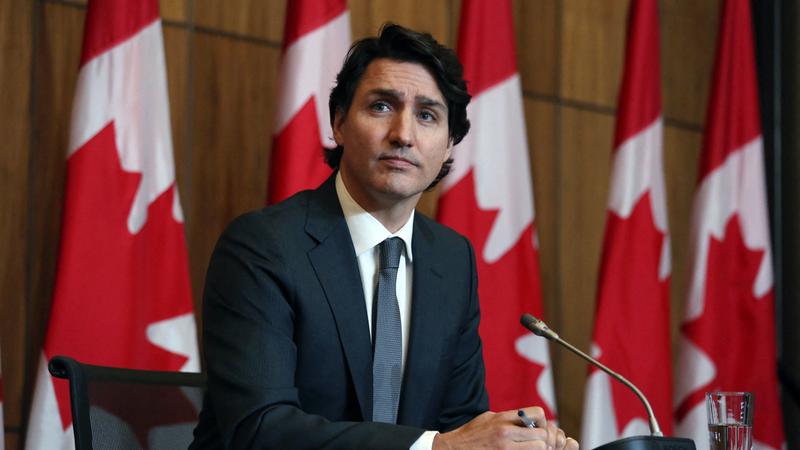Published 00:26 IST, October 15th 2024
India-Canada Diplomatic Row: Indian Students Share Vital Contribution To Canada's Economy
The economic impact of this demographic is substantial, with international students contributing over $22.3 billion annually to Canada's economy.

India has withdrawn its envoy and other diplomats from Canada following Canada’s current regime, led by Prime Minister Justin Trudeau, linking Indian officials to the killing of Khalistani separatist Hardeep Singh Nijjar. The withdrawal signals the deepening of a diplomatic standoff between the two countries, potentially pushing their already strained relationship to a new low.
The Indian government labeled the allegations as "baseless targeting," citing a profound "lack of trust" in ongoing diplomatic relations.
Amid the ongoing diplomatic rift between India and Canada, it is pertinent to note that nearly 320,000 enrolled in 2022 in Canada, making up 40% of the more than 800,000 international students in the country, according to Immigration, Refugees and Citizenship Canada (IRCC). The surge in Indian students reflects a staggering 47% increase from the previous year, highlighting Canada's appeal for higher education.
The economic impact of this demographic is substantial, with international students contributing over $22.3 billion annually to Canada's economy.
On average, these students pay tuition fees of $14,306 (over Rs 8 lakhs) per year, significantly higher than the domestic fee of $3,228 (approximately Rs 2 lakhs). Public colleges in Canada, particularly in Ontario, heavily rely on the tuition revenue generated by foreign students, which amounted to about $1.7 billion in 2020-21.
Everything you need to know about the diplomatic rift between India & Canada
The diplomatic fallout began when Canadian authorities, in September 2023, accused Indian government agents of being involved in the murder of Hardeep Singh Nijjar, a Canadian citizen and pro-Khalistani figure, who was shot dead in British Columbia. Since then, the Trudeau government has consistently asserted that there is "irrefutable evidence" linking Indian officials to the killing, which took place on Canadian soil. However, India has strongly denied these allegations, labeling them as “preposterous” and part of a “political agenda” pursued by Trudeau's government.
On October 13th, Canada conveyed to India that “Indian High Commissioner and other diplomats are ‘persons of interest’ in a matter related to an investigation in Canada”.
In response to Canada's actions, India's MEA, issued a statement and then summoned Canada's Charge d’Affaires. After that, India made the bold decision to recall its top diplomat from Ottawa, indicating a significant breakdown in trust. The Ministry of External Affairs (MEA) issued a statement saying that it had "no faith in the current Canadian Government's commitment" to ensuring the safety of Indian diplomats. "In an atmosphere of extremism and violence, the Trudeau Government's actions endangered their safety," the statement added.
Updated 00:27 IST, October 15th 2024




